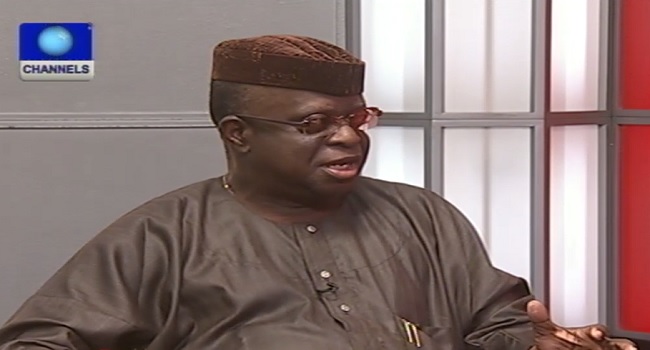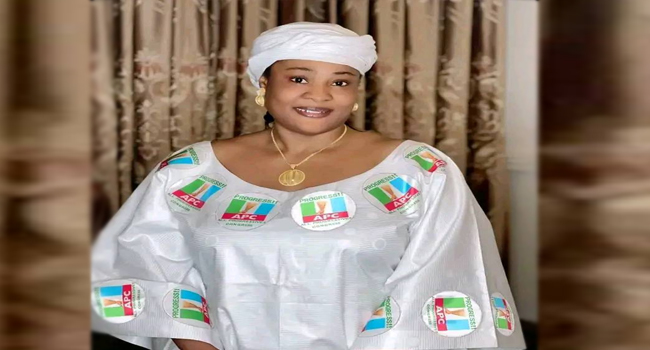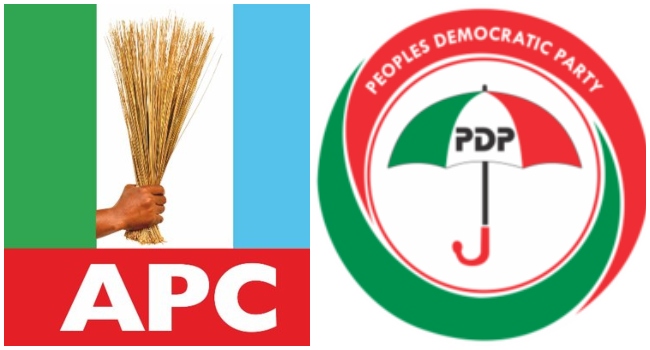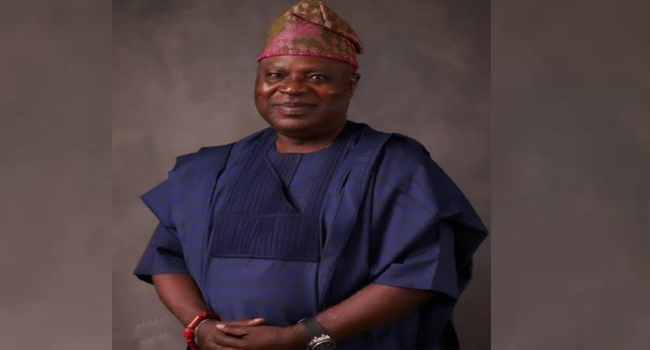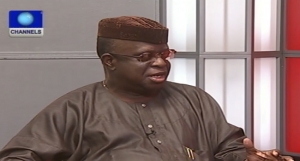
Professor Femi Otunbanjo, who is also a member of the ruling Peoples Democratic Party, said that the INEC had not been able to manage the distribution of the Permanent Voter Cards (PVC) and other logistics well ahead of the elections.
“The card readers and many other technical issues are in ponderables and we are not sure that they will work.
“The INEC promised that they will conduct the best election using the PVCs and the card readers. They have not been able to manage the logistics to distribute the materials,” he said.
Professor Otunbanjo suggested that the IENC should revert to the old way of voting, with the Temporary Voter Cards (TVC).
“There is a problem, but I think that the solution will be to remove the card readers, save time, pick people as they come and let those who have the TVCs come and vote. Really, we can combine both. There is no reason that they cannot be combined.
“In the circumstance, there is nothing bad with going back to the old way. It is not necessarily retrogressing. If you cannot manage an innovation, then you better stay where you are. If you cannot manage it to create a credible election. Already, INEC has issues with distribution of PVCs,” the political scientist.
He said the INEC had failed against the background of the earlier scheduled date of February 14, insisting that the electoral body was responsible for the shift in the election date.
“INEC was still training and distributing PVCs because they were not ready. When will they distribute efficiently. They were responsible for the shift basically because they were not ready.
“As at this week, they have distributed 57 per cent for the whole of the south, that is average and 87 per cent for the north. When will they distribute to enable everybody participate fairly in the election that is meant to be free and fair.
“You cannot claim to have a credible election with the percentage of distribution. The evidence does not support their claims and the reality is that INEC was not ready.”
The INEC had on February 7 announced a shift in the general elections dates to March 28 and April 11.
The new schedule was announced by the Chairman of the commission, Professor Attahiru Jega, after meetings with political stakeholders.
Professor Jega said that the Presidential Election would hold on March 28 while the Governorship election would hold on April 11.
At a press briefing after the last meeting for the day between Professor Jega and other top officials of the INEC, Professor Jega said that the commission’s decision was not influenced by any group or individuals.
“We have done wide reaching consultations to enable us have as much input as necessary before taking an informed decision.
“In the series of consultations that we had with stakeholders, the questions constantly posed to them for consideration are; in view of the latest developments, should INEC proceed with the conduct of the general elections as scheduled in spite of the strong advice and if so, what alternative security arrangements are available to be put in place.
“The second is; should INEC take the advice of the security chiefs and adjust the schedules of the general elections within the framework of the constitutional provisions,” Professor Jega said.

